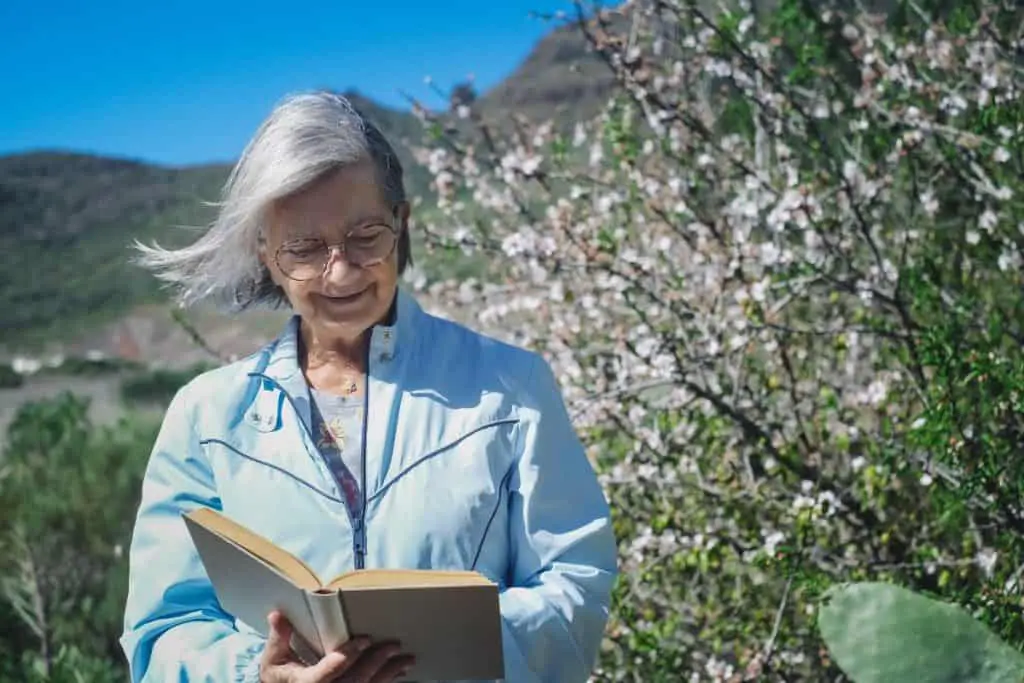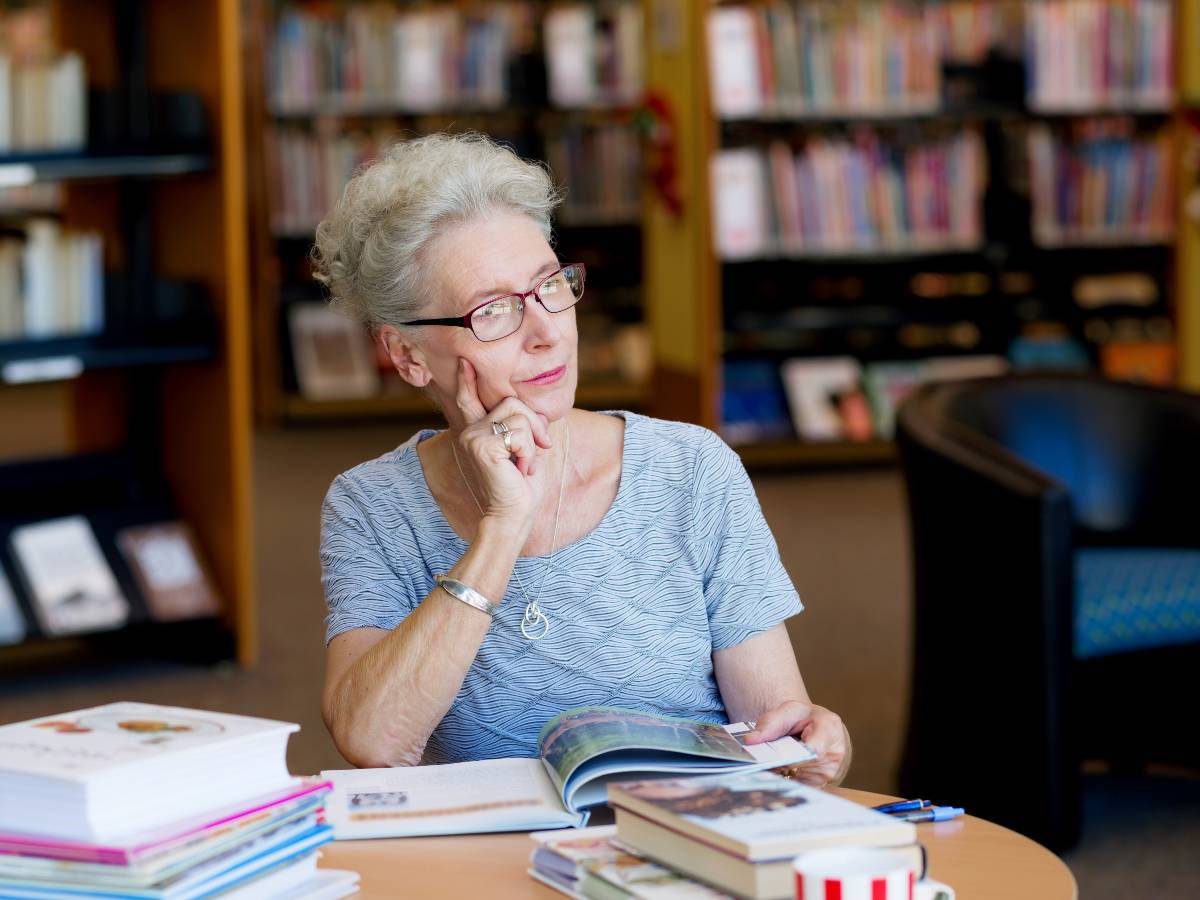The Essential Guide To Lifelong Learning in Thailand
Having spent over three decades in the United States before making Thailand my home, I’ve had the unique opportunity to observe and participate in both educational systems. What continually impresses me about the country is its unwavering commitment to lifelong learning, particularly in how it prioritizes education for all age groups and backgrounds.
Key Takeaways
- Thailand’s robust educational framework combines 12 years of free basic education with extensive lifelong learning opportunities
- The country maintains an impressive network of over 1,600 educational institutions, including both vocational and higher education facilities
- Innovative programs and courses bridge traditional and digital learning, creating inclusive opportunities for all age groups
Understanding Thailand’s Educational Foundation
The Thai education system is built on a comprehensive framework that might surprise many Westerners. While many countries focus primarily on traditional schooling, Thailand has developed a three-tiered approach: formal education, non-formal education, and informal education.
The formal system includes six years of primary education, followed by three years of lower and upper secondary education. What’s remarkable is that while nine years are compulsory, all Thai citizens are legally entitled to 12 years of free basic education. This commitment to learning accessibility forms the backbone of Thailand’s developing society.
Thailand’s Alignment with UNESCO’s Vision
One of the most exciting developments I’ve witnessed is their commitment to UNESCO’s Learning Cities framework. Bangkok’s recent recognition as a UNESCO Learning City isn’t just a prestigious title – it represents a fundamental shift in how the country approaches education and development.
What makes this particularly significant is how Thailand has embraced their vision of creating inclusive, safe, and sustainable learning environments. The approach focuses on several key areas that I’ve seen make a real difference:
- Promoting inclusive education from basic literacy to higher learning
- Creating flexible learning pathways for all ages and backgrounds
- Developing sustainable development initiatives through education
- Fostering international cooperation and knowledge exchange
The implementation of this framework in Bangkok transformed various spaces into learning environments, from traditional classrooms to public parks and community centers. This aligns perfectly with UNESCO’s concept of making learning accessible everywhere at all times.
The Impressive Scale of Educational Infrastructure
I’ve been continually amazed by the sheer scale and sophistication of Thailand’s educational infrastructure. What many don’t realize is just how extensive and well-planned this system is.
Thailand maintains an impressive network of over:
- 1,600 educational institutions
- 759 vocational schools
- 892 higher education facilities
These facilities integrate education into daily life through Community Learning Centers that serve as study hubs in both urban and rural areas. These centers make education accessible to everyone, from the youth to working professionals, and retirees.
The quality of these facilities often surprises newcomers and possible partners. Modern science labs, digital technology centers, and technical training workshops are equipped to global standards. Through my work with both locals and expatriates, this infrastructure ensures the removal of common barriers to education that exist in other countries. It’s a testament to Thailand’s commitment to creating an environment where lifelong learning becomes a natural part of daily life.

Beyond Traditional Education
The main reason they stand out is their approach to lifelong learning beyond formal schooling. The government has implemented various programs targeting different population and regional segments, particularly focusing on the working-aged group and the elderly. This is increasingly important as Thailand’s demographic structure shifts toward an aging society.
The initiatives I’ve seen include:
- Community Learning Centers offering practical skills training
- Digital literacy programs for seniors
- Vocational training partnerships with industry leaders
- Mobile learning units reaching remote areas
Success Stories and Real Impact
One of the most rewarding aspects of my work is witnessing the real-world impact of these programs. For instance, I recently met a retired banker who learned digital marketing through a community program and now runs a successful online business. These success stories aren’t unusual – they’re becoming increasingly common as more people embrace lifelong learning opportunities to enhance their skills and advance through society.

The Digital Transformation
Thailand’s commitment to modernizing education through digital transformation has been remarkable. The integration of technology isn’t just about putting computers in classrooms; it’s about creating comprehensive digital learning environments that prepare people for the future workforce.
Looking to the Future
As the country continues to evolve its educational landscape, I see tremendous potential for both locals and expatriates. The combination of traditional values with modern learning approaches creates a unique environment where anyone can pursue their educational goals, regardless of age or background.
FAQs
How can expatriates access Thailand’s lifelong learning programs?
Most community learning centers and institutions welcome foreign participants. Many programs offer English language options that are crucial and cater to foreigners.
What types of vocational training are most popular in Thailand?
Digital skills, hospitality management, and traditional crafts are among the most sought-after programs.
How does Thailand’s education system compare to Western standards?
While different in approach, Thailand’s system offers comparable quality with unique advantages in practical skills development. Therefore, this system promotes high-quality equitable education for all.
Are there age restrictions for educational programs in Thailand?
Most programs are open to all ages, with specific initiatives designed for different life stages.
What documentation is needed to enroll in educational programs?
Requirements vary by program type but generally include identification and previous education certificates if applicable.
Conclusion
As someone who has experienced both Western and Eastern educational systems, I’m passionate about helping others navigate their learning journey in the Asia-Pacific, especially in Thailand. Whether you’re considering relocating here or simply interested in expanding your knowledge, I’d be delighted to share more detailed insights.
Ready to explore how Thailand’s lifelong learning opportunities can benefit you? Let’s talk! Contact me to schedule a personalized consultation. Together, we can explore how Thailand’s rich educational landscape can align with your personal and professional goals.
In Thailand, learning isn’t just about education – it’s about embracing a lifestyle of continuous growth and development. If you have any questions, reach out!






